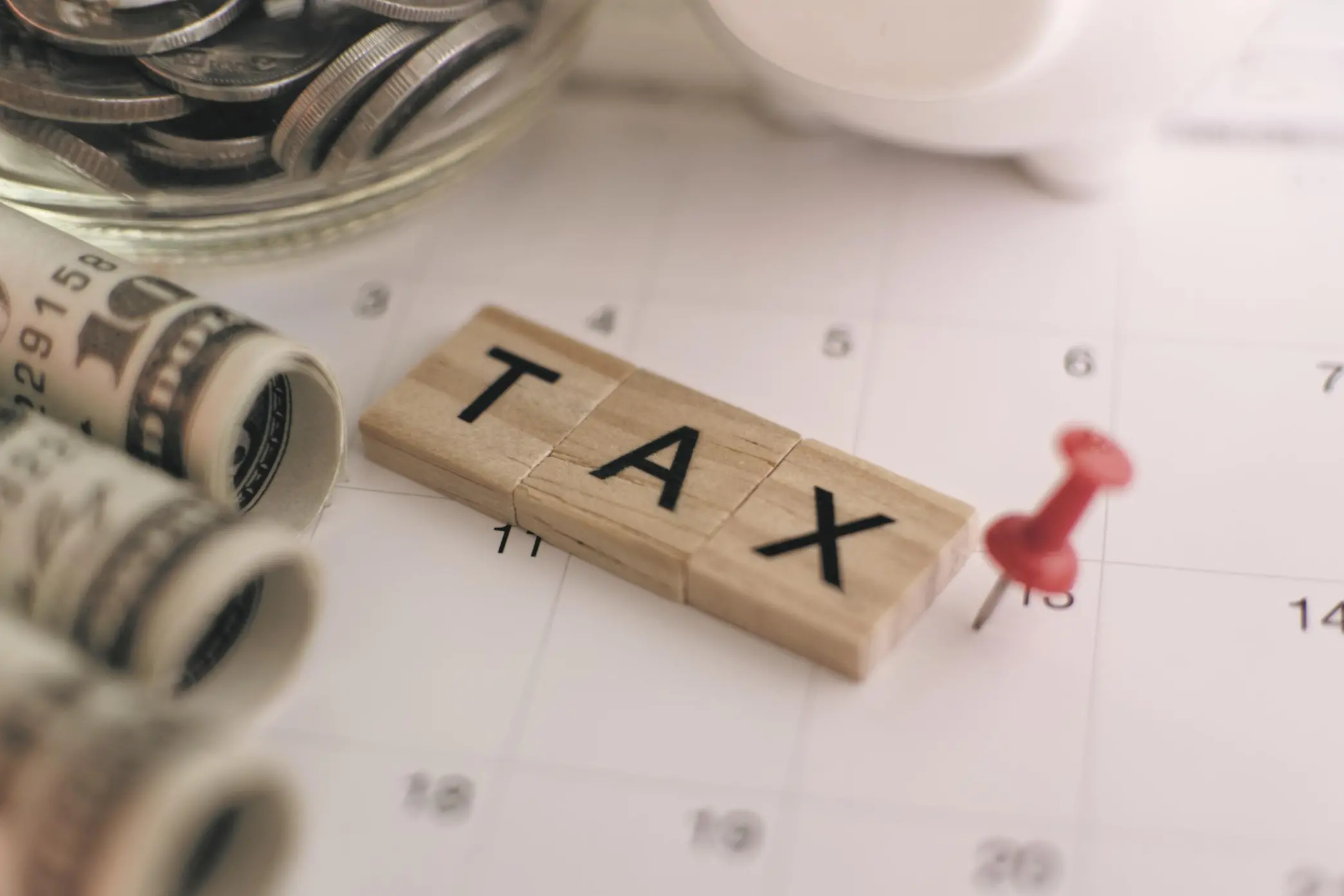PHOTO
The UAE’s recently announced corporate tax could put pressure on businesses, but the impact will be manageable and will not spoil the creditworthiness of rated corporates, according to a new report.
On the upside, taxing earnings of companies could help the country create another revenue stream as it seeks to diversify its economy from oil, S&P said in its latest analysis.
“We also believe that the broadening of the government’s revenue base should support smaller emirates’ economies. However, the full impact is unclear because it is not yet known how the tax will be distributed,” S&P said.
The UAE announced on January 31 its plans to collect a nine percent federal corporate tax on business profits above 375,000 dirhams ($102,110) effective June 1, 2023.
Personal incomes, including those earned through employment, real estate, investments and business established outside the country, will not be covered by the tax.
Banks, insurers
S&P said the tax could still weigh on banks, corporates and insurers. “But [the pressure] will be manageable and not significantly affect their creditworthiness,” said Trevor Cullinan, S&P Global Ratings credit analyst.
Cullinan said that if the revenues earned through corporate tax are distributed in the same way as value-added tax (VAT) revenues, the emirates’ fiscal positions will be supported.
Among those that will benefit are Sharjah and Ras Al Khaimah, which have the lowest revenue bases among globally rated sovereigns, at about 8 percent of the GDP.
“If the federal government keeps the tax receipts and uses them for UAE-wide investment, this would indirectly support economic activity in the individual emirates and enhance their economic growth potential,” S&P said.
Fitch Ratings had earlier said that the introduction of corporate tax could have uneven credit implications on rated corporates. It said that privately owned corporates and government-related entities (GREs) that are rated on a bottom-up basis will be most affected.
The Ministry of Finance had assured that the new tax regime will be among the world’s most competitive.
Saudi Arabia charges corporate tax rates ranging from 5 percent to 20 percent on net adjustable income, on top of a 2.5 percent rate called zakat. In Oman, the corporate tax is pegged at 15 percent.
Corporate taxes can go as high as more than 30 percent in other countries, such as Japan, which collects a 30.62 percent tax, Monaco (33 percent), Malta (35 percent) and Pakistan (35 percent), among others.
(Reporting by Cleofe Maceda; editing by Seban Scaria)
Disclaimer: This article is provided for informational purposes only. The content does not provide tax, legal or investment advice or opinion regarding the suitability, value or profitability of any particular security, portfolio or investment strategy. Read our full disclaimer policy here.
© ZAWYA 2022





















